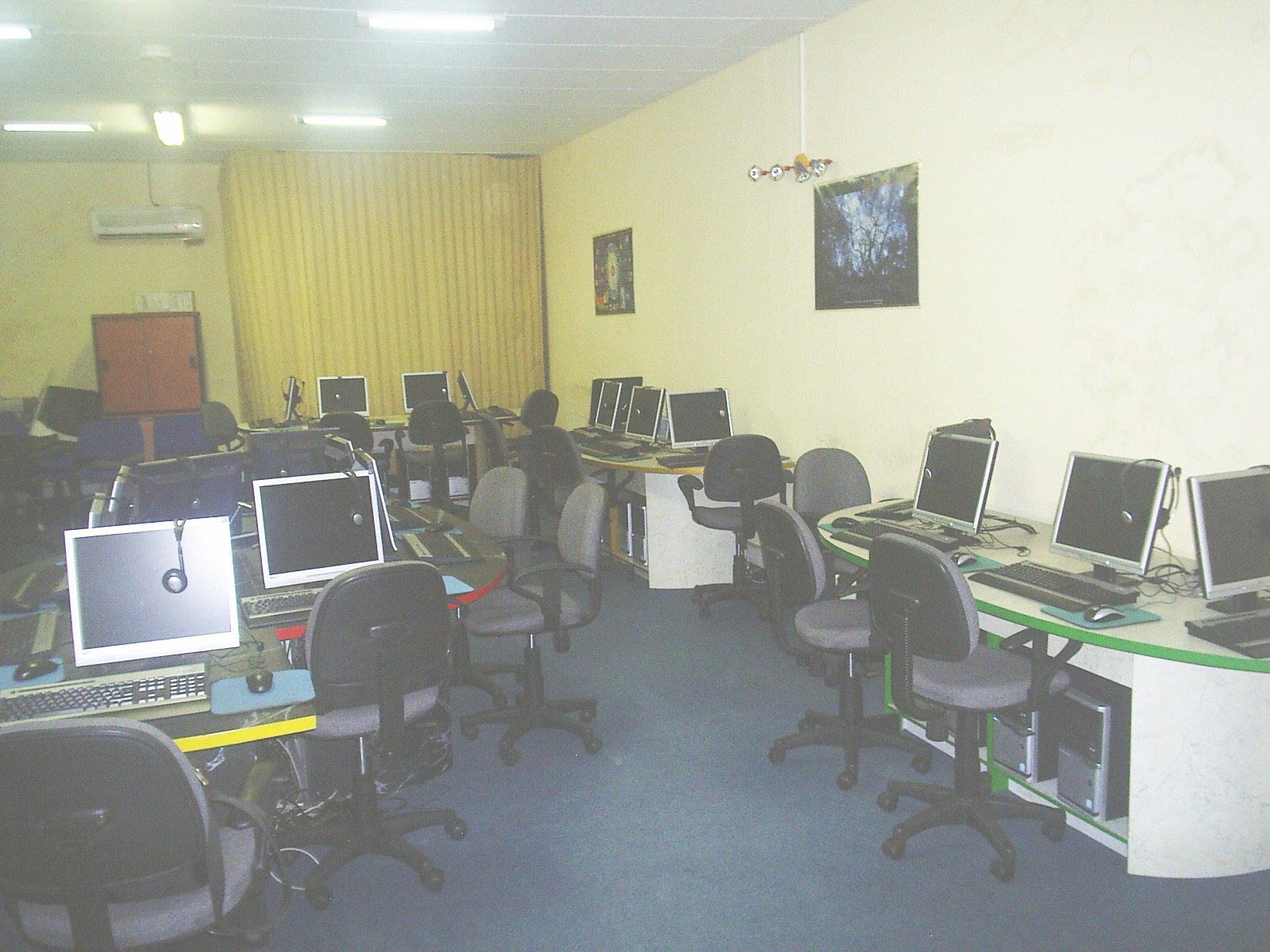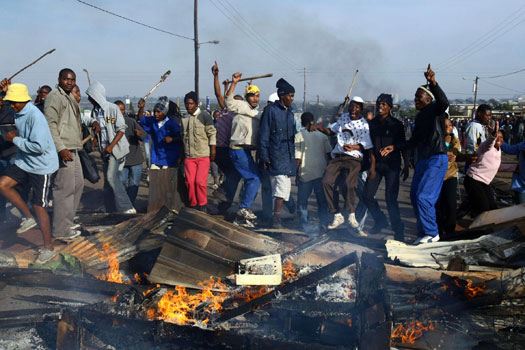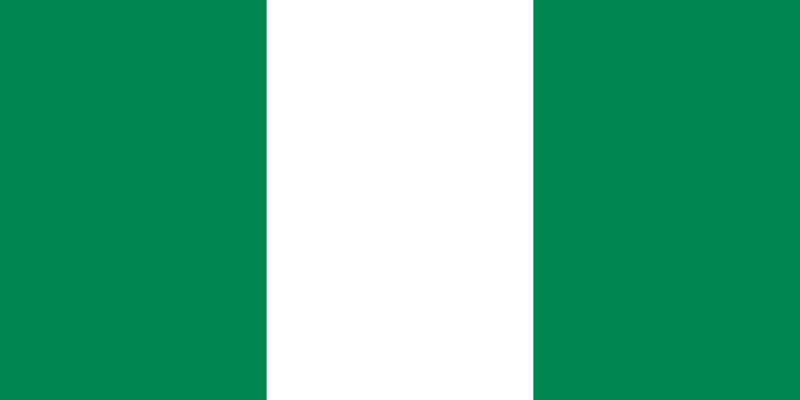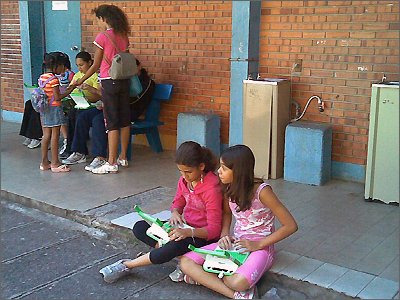Below you will find pages that utilize the taxonomy term “Nigeria”
Computers in schools in Gabon

I visited Gabon for the last two weeks of May 2009 by invitation of Yoan Anguilet, who has a business and NGO there promoting ICT and Science literacy in schools. We had met previously when setting up AUST, a new university in Nigeria. Yoan had invited me to set up a similar system at two schools in Gabon, as a precursor to a larger effort later in the year.
Flight
Our flight was delayed for 2 hours, circling over Libreville, as we had the misfortune of arriving at the same time as the body of the recently-deceased First Lady, Edith Lucie Bongo. Edith featured prominently in the next few days, as most of Libreville was closed and there was blanket TV coverage of the state funeral. In fact, we were asked to come to pay respects to the First Lady on the first evening at the presidential palace - my luggage had not arrived, so I was in my travelling clothes..
Xenophobia in South Africa
At the end of May in South Africa, a lot of violence erupted, apparently targeted against other black africans by fellow black South Africans. Meeting other Nigerians, almost all of them, given a little time, bring up the subject. I found myself having to apologise for the violence, and make some explanation of it.

I had left for Nigeria the week before, to install the computer network at the african University for Science and Technology.
OLPC and Intel Classmate PC in Nigeria

OLPC screenshot
Today, I visited two schools in Abuja, Nigeria, both of which were pilot schools for the new low cost laptops targeted at schools in the third world. One Laptop per Child started in Galadima Junior school, in Abuja Model Village, and Intel launched ‘One laptop per teacher and child’ at Jabi Junior Secondary school, in Jabi district, Abuja.
Nigeria seems to be a testing ground for low cost laptops - pioneered by Nicholas Negroponte’s OLPC, but being ambushed these days by other offerings, like the ASUS EEE PC and the Intel Classmate.
Nigerian infrastructure

Abuja, Nigeria, the capital city, suffers from lack of infrastructure. Potholes, no landlines, power cuts every day.
Nigeria as a tourist
In 1992 as a tourist on an overland truck, I travelled through Nigeria from the Cameroon border in the north, down through the city of Kano and its magnificent central market, to the bustling and wild city of Lagos. In Nigeria “Benin” is a western province - the sleepy francophone country to the west is pronounced differently and must be identified as the republic of benin.
One Laptop per Child
The One Laptop per Child project has got a lot of attention, has prototype hardware, and a lot of open source software. What are its prospects in Africa ?
Antoine managed to get one of these to show off as he is writing code behind the ‘view source’ button, and Morgan and Jonathan of our local Linux uses group have all blogged about it.

There are a lot of things to be said about the OLPC project. The first thing to note is that it is not a new initiative - there have been others, under different names, for a long time. Seymour Papert invented Logo, a programming language targeted at children, and Alan Kay was the conceiver of the Dynabook concept which defined the basics of the laptop computer.
Nigerian Elections
Recent elections in Nigeria, the most populous country in Africa have been declared flawed by the country’s own monitoring committee.
I travelled to Nigeria in 1992. For all its faults, I recognised it then as a powerful country, with a strong role to play in sub-saharan Africa.
It suffers a geographical and religious division between the northern muslims and the southern christians. I saw desperate poverty, particularly in the north, with people living in the semi-desert as I imagine they lived centuries before the white man arrived in africa - with none of the benefits supposed to accrue from the nation’s oil wealth.
African politics - a review
Nigeria -
A big turn-around - elections this weekend. The front-runner is an ex-military ruler - there is no other kind in Nigeria. The good news is that he is the only military ruler to have voluntarily handed over to a civilian government in the past.
He is running for president this time.
The bad news - Nigeria has institutionalised corruption - it is normality. It is a long road back - this weekends elections are the first step. The hard work however is to persuade the small towns (and big) that there is an alternative to the style of control that everybody has grown up to understand.
Cameroon trip
We headed north in Cameroon, three of our group unfortunately contracting malaria on the way (probably caught at the coast). We spent Christmas at a nice camp at Rumsiki way up north, and then headed west into Nigeria.
Nigeria ( [2]MAP)
Nigeria is a big, populous, oil-rich, and completely corrupt country, where everything in officialdom and elsewhere runs on ‘dash’ - their word for bribes. We were stopped no less than five times within as many miles from the border by spurious police, customs and immigration check posts, all of which contrived to find something wrong with our papers, the truck, or taxes in order to earn their daily dash. Though you have to pay your way though everything, if you do it is a very efficient system, where most things work.
Money, Togo, Ghana, Ivory Coast, Burkina Faso
All of French West Africa shares a common currency, the CFA, tied at 50:1 to the French Franc. In Paris you can convert unlimited amounts of Francs to CFA and back, thus giving these countries a hard currency, and French colonials a place where they can still do business as always.
The Anglophone countries (Nigeria, Ghana, The Gambia) all have their own currencies, with a corresponding rate of inflation, but (it seems) very serviceable. All countries have exchangeable currencies, with Bureau de Change at every street corner and ‘change money?’ a part of the greeting exchange with tourists.